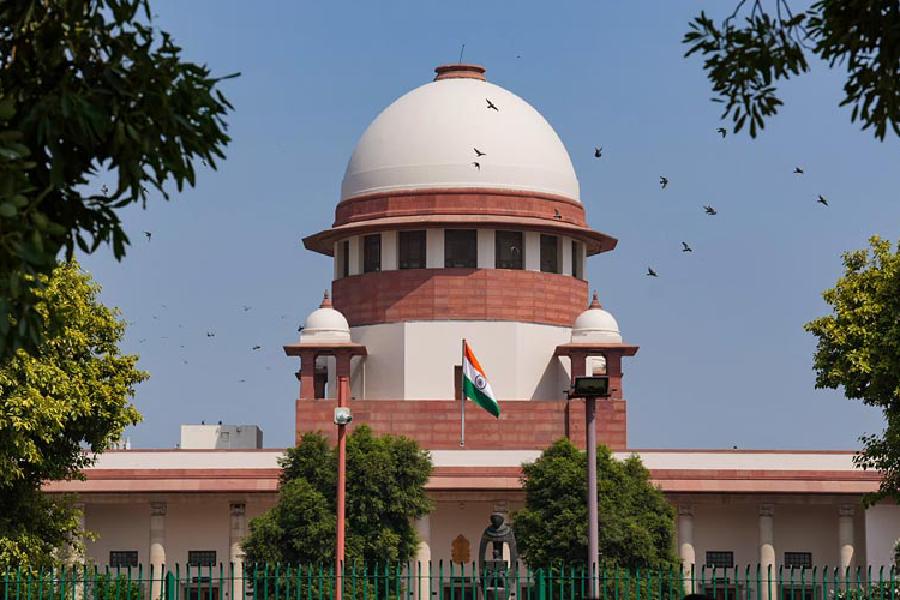Several multinational corporations based in the Netherlands, Switzerland and France could suffer a heavy tax blow arising from a recent Supreme Court ruling that denies them protection from a stiff withholding tax on the dividend income they earn from their local subsidiaries.
The risk of a sudden tax demand from the authorities arises because the apex court has ruled that even if the Indian government has made a specific commitment guaranteeing most favoured nation (MFN) treatment in the tax treaty it has signed with the country, the protection will not be provided unless it is notified under the Income Tax Act.
Until now, MNCs enjoyed the benefit of a “treaty override” under which tax breaks spelt out in the bilateral agreements would normally prevail over any conflicting provision in the tax laws.
The apex court’s ruling means that the lower withholding tax rate of 5 per cent would not automatically be extended to firms based in the OECD nations on an MFN basis.
“A notification under Section 90(1) is necessary and a mandatory condition for a court, authority, or tribunal to give effect to a DTAA, or any protocol changing its terms or conditions, which has the effect of altering the existing provisions of law,” a bench of Justices S Ravindra Bhat and Dipankar Datta said while disposing of a bunch of 11 petitions clubbed with Nestle SA as the respondent in the main petition.
With this ruling, the apex court set aside an order issued earlier by the Delhi High Court.
Section 90 of the IT Act prescribes tax relief under the Double Taxation Avoidance Agreement (DTAA). It ensures that no company or individual pays income tax twice while working in a foreign country or for a foreign company.
“The repercussions of the groundbreaking ruling will reverberate far and wide. It will affect several multinational companies that have leveraged the MFN clause without there being a specific notification on applicability of such an MFN clause,” said Indruj Singh Rai, partner, Khaitan & Co.
He warned the implication may not be limited to a particular geography. “Although the specific judgment is limited to Indian tax treaties with Netherlands, France and Switzerland, the underlying principles are equally applicable to other treaties featuring an MFN clause,” he added.
Experts are unanimous the ruling will open the door for revaluation of past assessments in favour of the taxpayer.
Dinesh Kanabar, CEO, Dhruva Advisors, said: “This judgment will result in payment of back taxes and interest for the past, but it would be incorrect to characterise the judgment as being retrospective. Penalties may not be asserted because there are favourable high court judgments which have upheld the application of the MFN clause under different interpretations.”
Kanabar added, “The government will want to apply the judgment fully and would not want to make any dilution. Past withholding tax cases are all likely to be re-examined and differential taxes and interest sought to be recovered.”
Shruti K.P, partner, INDUSLAW said the ruling could impact Indian companies that make remittance abroad. “Indian companies that may have made remittances outside India, applying the MFN clause (which was not specifically notified) without deducting taxes or after deducting taxes at a lower tax rate, will face the brunt of this ruling which is certain to open up a fresh set of litigation,” she said.
“The ruling could potentially make the MFN clause in tax treaties itself redundant and inoperative as the benefit would only be granted where the government specifically issues such a notification,” she added.










